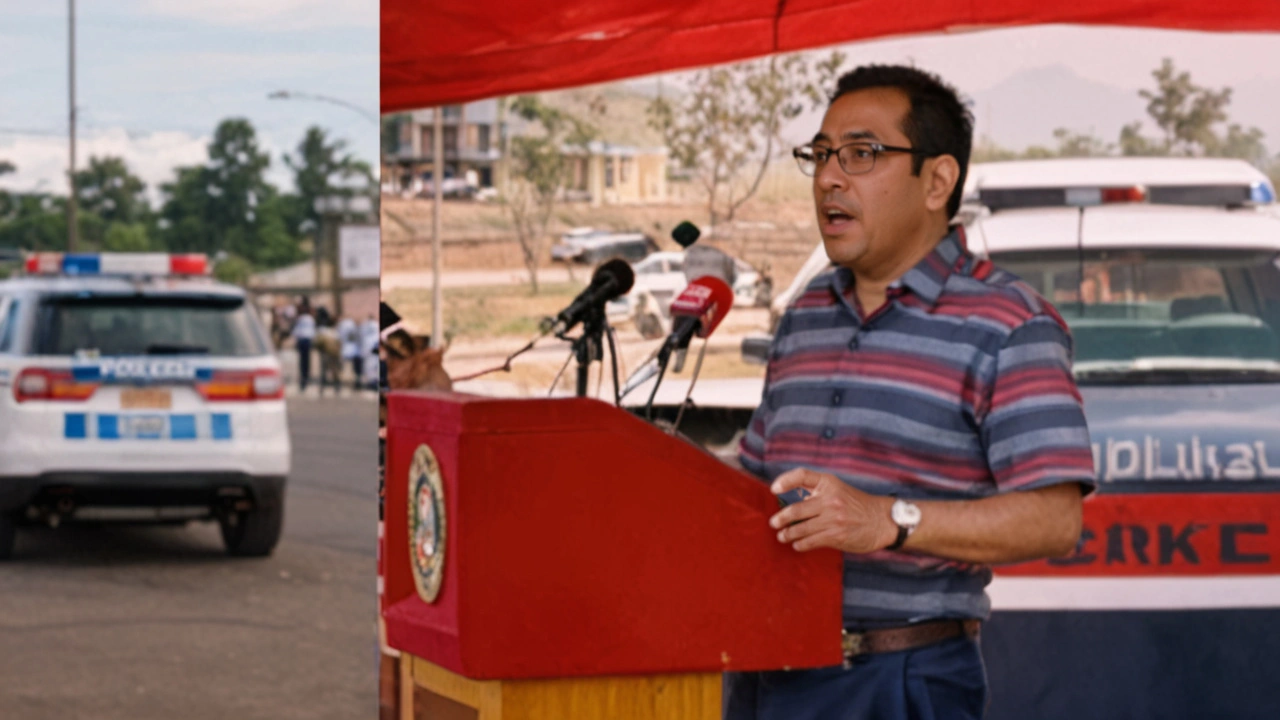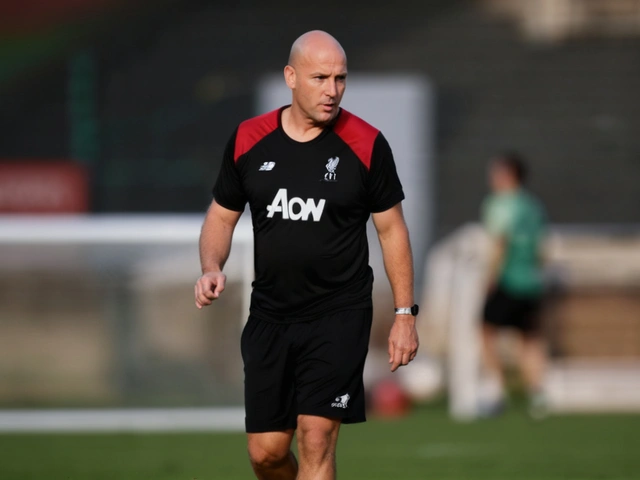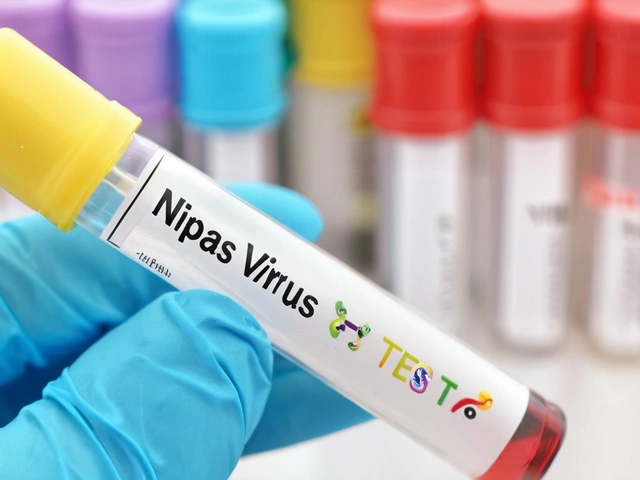
Veteran Journalist Macharia Gaitho Abducted in Nairobi: A Case of Mistaken Identity or Targeted Harassment?
Macharia Gaitho, a veteran journalist known for his incisive and fearless reporting, found himself at the center of a harrowing ordeal in Nairobi recently. He was abducted at the Karen Police Station, an incident that has not only shocked the media fraternity but also raised serious questions about press freedom and police conduct in Kenya.
It all began when Gaitho noticed a suspicious car trailing him and his son. Concerned for their safety, they decided to seek refuge at the nearest police station, which turned out to be Karen Police Station. One would assume that a police station is a place of safety, but for Macharia Gaitho, it became the scene of his abduction.
The Abduction Incident
Upon their arrival at the police station, a group of plain-clothed individuals, assisted by uniformed police officers, forcibly took Gaitho away. His son, quick on his feet, captured the entire abduction on video. The footage shows the veteran journalist being roughly handled, handcuffed, and bundled into a waiting car. The abductors didn't identify themselves, adding an air of mystery and dread to the situation.
What followed was a terrifying experience for Gaitho. He was roughed up, subjected to intense interrogation, and held without any clear explanation. His critical reporting on the government had made him a target, or so he believed. “No one identified themselves, and I was never told why I was being taken,” Gaitho recounted. It was clear to him that his abduction was a direct consequence of his fearless journalism.
DCI's Mistaken Identity Explanation
As news of Gaitho’s abduction spread, the Director of Criminal Investigations (DCI), Mohammed Amin, offered a different narrative. According to Amin, the abduction was a case of mistaken identity. The officers were allegedly targeting another individual named Francis Gaitho. This explanation, however, did little to calm the simmering outrage among journalists and media freedom advocates.
Anita Gaitho, Macharia's daughter, confirmed that her father had been returned to the same police station from where he had been abducted. They recorded an abduction report, but the questions remained unanswered, and the trauma of the incident lingered.
Outrage and Condemnations
The abduction of Macharia Gaitho has sparked widespread outrage throughout Kenya’s media landscape. Journalists, human rights activists, and concerned citizens have all voiced their condemnation of what they perceive as another instance of police harassment aimed at silencing the media. The Media Council of Kenya was quick to denounce the incident, demanding immediate action and a thorough investigation into the matter.
This incident is not isolated. In Nakuru, another journalist, Catherine Wanjeri, was shot and injured while covering protests. The Media Council has expressed its grave concerns about the escalating violence against journalists in Kenya. There are already plans in motion to take legal action against the police officers involved in Wanjeri's attack.
Press Freedom in Jeopardy
The twin incidents involving Gaitho and Wanjeri mark a troubling trend in Kenya where journalists are increasingly finding themselves under threat. Press freedom is an essential pillar of democracy, and incidents like these erode the very foundation of a free and open society. When journalists are afraid to do their jobs, the public's right to information is severely compromised.
Gaitho’s experience is particularly alarming because it took place in a police station, a place that should symbolize law and order. When such sanctuaries become the stage for abductions, it sends a chilling message to journalists everywhere — that nowhere is safe. It also raises critical questions about the complicity or involvement of law enforcement officers in acts meant to intimidate and muzzle the press.
Calls for Accountability and Justice
The call for immediate and thorough investigations is growing louder. The Media Council of Kenya and other advocacy groups are demanding accountability from the police and the DCI. There are appeals for ensuring that Macharia Gaitho and Catherine Wanjeri receive justice, and that the perpetrators of these acts are held responsible.
In the meantime, journalists in Kenya are being urged to remain vigilant and to continue their critical work despite the evident risks. Macharia Gaitho's experience is a stark reminder of the sacrifices that come with the job. Speaking after his release, Gaitho stressed the importance of standing firm and holding those in power accountable. “We cannot be silenced. Our duty is to the truth and the people,” he stated.
Reactions from the International Community
The international community has also started to take note of the troubling incidents in Kenya. Organizations dedicated to press freedom, including Reporters Without Borders and the Committee to Protect Journalists, have expressed their concern. They urge the Kenyan government to heed the warnings and take proactive steps to safeguard journalists.
With press freedom teetering on the edge, it is imperative that the government takes firm and swift action to reassure both local and international observers of its commitment to upholding democratic values. The world is watching, and the abductions and attacks on journalists are reflections of deeper issues within the society.
The Way Forward
As the dust begins to settle, the conversation must shift towards long-term solutions. There is a critical need for reforms within the police force to ensure that such incidents do not recur. Laws protecting journalists need to be robust and enforced without bias. Additionally, an independent body to oversee and investigate complaints against police officers can offer a semblance of accountability and restore public trust.
Journalists like Macharia Gaitho and Catherine Wanjeri are on the frontlines of truth-telling. Their harrowing experiences highlight the dangers they face and the lengths to which some will go to silence them. But they also underscore the resilience and determination of the media to uphold its duty to inform the public transparently and honestly.
The journey ahead is fraught with challenges, but it is a path that must be taken to ensure that press freedom in Kenya remains intact. The responsibility lies with everyone — the government, law enforcement agencies, the media fraternity, and the public. Together, we must stand against any attempts to undermine the vital role of journalism in our society.





